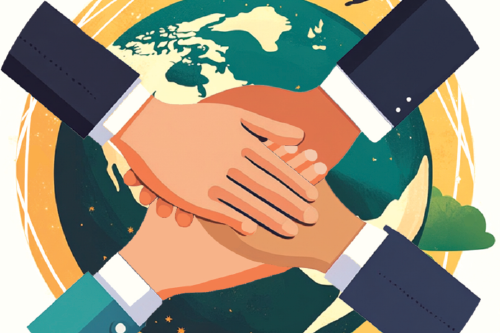Which country keeps going back on its own word?

Editor's note: During the recent 11th Sino-US high-level economic and trade consultations, the United States announced that it would raise the tariffs on $200 billion worth of Chinese goods from 10 percent to 25 percent. Zhong Sheng, a columnist for People's Daily, comments:
Besides the tariff hike, the US also labeled China as backsliding from and reneging on the commitments it has made, claiming China's "backtracking" has weakened the core interests of the US.
The "backtracking" accusation fabricated by the US completely confuses black and white. Over the past more than one year, China has been pushing forward Sino-US economic and trade consultations with utmost sincerity in the hope of reaching a mutually beneficial and win-win agreement on the basis of mutual respect. Even after the US threatened to impose tariffs on Chinese goods, the Chinese delegation still headed to the US for talks, which showed China's sincerity in pushing forward bilateral negotiations.
Working-level consultations are a process of exchanging opinions and reaching consensus, and it is normal for the two sides to have different views and have repeated discussions on some issues. If one party's different opinions are labeled by the other as "going back on one's word", then what is the point of consultations? Every country has its own principles in such negotiations. China will never make concessions on major issues of principle, and China's core concerns must be addressed. When the talks are still going on and no formal agreement has yet been reached, where is the Chinese commitment the US speaks of?
The Chinese nation has always adhered to the moral principle of keeping its words and matching them with actions. Since its accession to the World Trade Organization, China has fulfilled its commitments, firmly supported the multilateral system, substantially reduced import tariffs and cut non-tariff barriers, and resolutely opposed unilateralism and protectionism, fully demonstrating to the world that it is a responsible developing country. The US, as the key builder of and participant in the postwar international order and the multilateral system, should have done more in abiding by multilateral rules. However, it has chosen to renege on the international accords it has signed and it has withdrawn from some international organizations to maximize its interests.
A WTO disputes settlement study report pointed out that the US is by far the biggest "rule-breaker" among WTO members. By brandishing the stick of protectionism and abusing its power, the US has seriously undermined the international trade order and harmed the interests of its partners and its own enterprises and nationals.


































